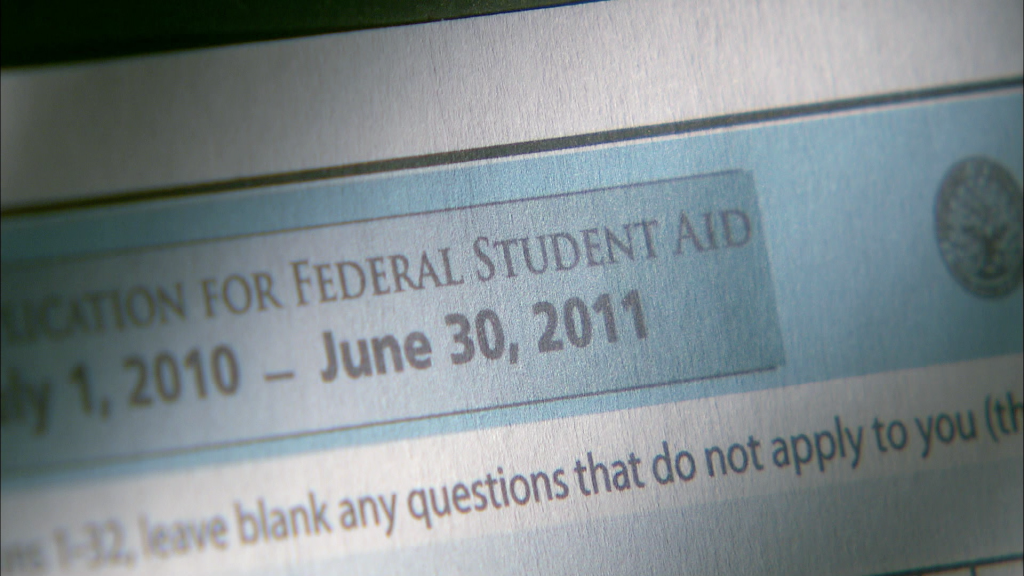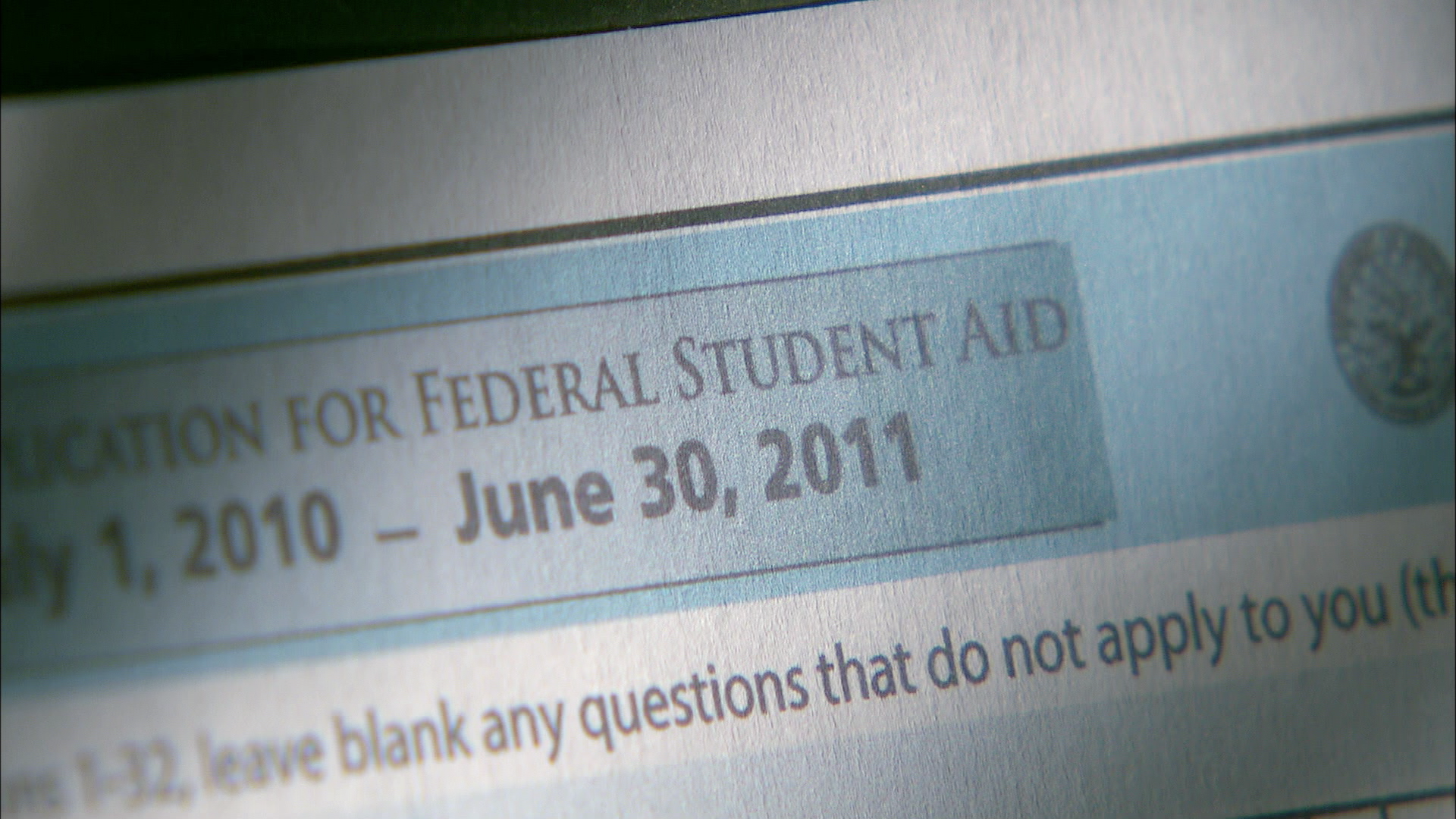How the For-Profit College Industry Took on the Obama Administration (and Won)

December 12, 2011
Share
Where could you find alleged threats against a high-ranking senator, millions of dollars changing hands and a massive, coordinated show of corporate force?
The answer is in the for-profit college industry’s lobbying effort against the Obama administration, at least according to a new story from The New York Times’ Eric Lichtblau, who calls it “a case study in Washington power brokering.” And it seems to have worked, with the Education Department producing a “much weakened” set of industry regulations compared to the ones the administration was considering a year earlier.
The entire effort was built around preserving the flow of federal education dollars to students attending for-profits. Some of these institutions receive upwards of 90 percent of their revenue from federal aid, says Litchtblau. Regulations built around issues like “gainful employment” — which requires that students be able to find jobs in which they earn enough to pay back their loans upon graduation — would have penalized 16 percent of schools if the original proposal had gone through.
In the end, only “a maximum of 5 percent of schools [are] facing financial sanctions at the start.” And the penalties won’t start until 2015.
The lobbying effort was led by a “who’s who of Democratic lobbyists” with close ties to the White House, including Anita Dunn, a former White House communications director and close friend of the president, and former House majority leader Dick Gephardt. In total, the for-profit college companies spent more than $16 million on lobbyists and strategists. (Here’s a graph of some of the top spenders.)
The effort produced 90,000 “overwhelmingly negative” public comments — a new record — to the Education Department on the administration’s proposed changes and led to more than two dozen meetings with White House and Education Department officials. There’s more:
In a coordinated approach that also included Capitol Hill protests, petition drives, newspaper ads and more, industry advocates stressed that jobs that would be lost if the institutions were put out of business. They questioned why nonprofit schools were untouched. And they accused the administration of highlighting some abuses to stigmatize an industry that educates second-chance students shunned by traditional academia.
And, in the most Sopranos-like moment of the story, Sen. Tom Harkin [D-Iowa], a leading critic of for-profit colleges, alleges that he was threatened by an industry investor (and Democratic donor) — a charge the investor denies.
Cass R. Sunstein, who oversees rulemaking at the White House, told Lichtblau that “the haranguing had zero effect” and that the administration’s decisions were based on reasonable arguments from the industry. But Robert Shireman, a former Education Department official, disagrees: “They decided to raise holy hell.”
Read Eric Litchblau’s full New York Times article here. And watch our two films on the for-profit industry: College, Inc. and Education Sergeant Pantzke.
Related Documentaries
Latest Documentaries
Related Stories
Related Stories
Explore
Policies
Teacher Center
Funding for FRONTLINE is provided through the support of PBS viewers and by the Corporation for Public Broadcasting, with major support from Ford Foundation. Additional funding is provided the Abrams Foundation, Park Foundation, John D. and Catherine T. MacArthur Foundation, Heising-Simons Foundation, and the FRONTLINE Trust, with major support from Jon and Jo Ann Hagler on behalf of the Jon L. Hagler Foundation, and additional support from Koo and Patricia Yuen. FRONTLINE is a registered trademark of WGBH Educational Foundation. Web Site Copyright ©1995-2025 WGBH Educational Foundation. PBS is a 501(c)(3) not-for-profit organization.





















